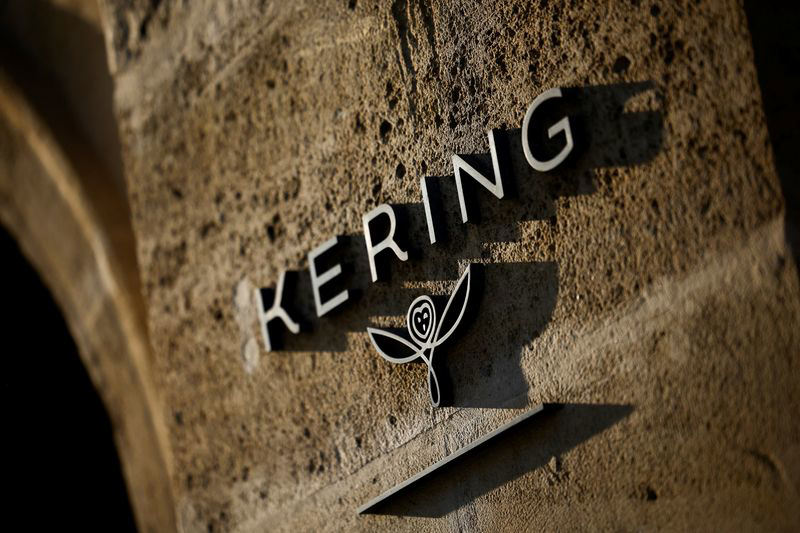Kering commits to achieving a Net Water-Positive impact across its value chain by 2050, with tangible outcomes in key hotspots by 2035.
The luxury group introduces three strategic programs to improve water quality, quantity, and access—starting with a dedicated Water Resilience Lab in Tuscany.
Kering shifts from reduction to regeneration, aligning water stewardship with climate and biodiversity goals through a holistic Climate-Nature-Water approach.
Kering has launched its first-ever Water-Positive Strategy, committing to a Net Water-Positive Impact by 2050 and targeting measurable water improvements in 10 high-risk basins by 2035. The strategy marks a major shift in the luxury fashion industry, positioning water as a central pillar in corporate sustainability.
“The need for responsible corporate water stewardship to stay within the planetary boundaries has never been more urgent,” said Marie-Claire Daveu, Chief Sustainability and Institutional Affairs Officer at Kering. “It is crucial that water commitments evolve from a reductions-only approach to become water-positive, regenerating and replenishing water and ecosystems associated with all business activities.”

Integrated, Science-Backed Action
This strategy is part of Kering’s broader climate, nature, and biodiversity roadmap. The company is leveraging a Climate-Nature-Water nexus to address the systemic links between water scarcity, climate change, and biodiversity loss.
By targeting ten priority basins—areas critically linked to its supply chain—Kering aims to enhance freshwater ecosystems and build local resilience. These locations were selected based on Kering’s science-based target for freshwater, signaling a data-driven approach to impact.
RELATED ARTICLE: Net-positive water usage: Data centers and tech companies committing to change
Three Pillars of the Strategy
To operationalize its water commitments, Kering is rolling out three key initiatives:
Water-Positive Raw Materials – Focused on sourcing low-impact, recycled, and regenerative materials to reduce pollution and restore water sources.
Water-Positive Stewardship Program – Driving best practices in Kering’s supply chain, including the adoption of low-impact tanning and advanced water-saving technologies.
Water Resilience Labs – Dedicated labs will be established in each of the 10 priority basins. The first lab launches in autumn 2025 in the Arno Basin, Tuscany—a critical region for leather processing and shared by multiple luxury brands.
Collaborative Transformation
The labs will serve as innovation hubs for collective action, engaging stakeholders across sectors—from local communities and indigenous groups to public authorities and industry players. These collaborations aim to regenerate ecosystems “from land to sea,” according to Kering.
“Our strategy is designed to be transformative,” added Daveu. “We will collaborate with local stakeholders to deliver measurable water-positive outcomes to enhance social, environmental and economic resilience, and ultimately contribute to building up the availability of clean water for all.”
Follow ESG News on LinkedIn

